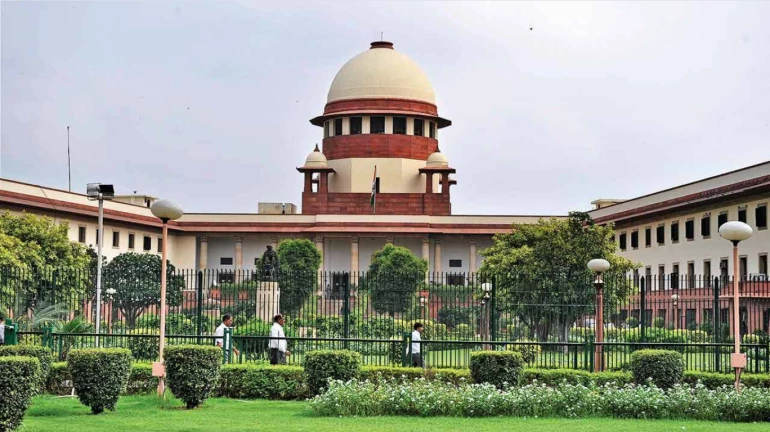
A major relief was granted to the Brihanmumbai Municipal Corporation (BMC) as the Supreme Court stayed a Bombay High Court ruling that had declared the Kanjurmarg landfill a protected forest. The stay was issued after a Special Leave Petition was filed by the BMC, concerned that waste management in the city could be brought to a halt.
The stay has ensured that operations at the landfill—which manages nearly 90% of Mumbai's daily waste—will be continued. Roughly 5,900 metric tonnes of waste are processed at the Kanjurmarg site every day, out of the city’s total 6,500 metric tonnes. The High Court judgment, issued on May 2, had identified 119.91 hectares of the 141.77-hectare site as forest land, overriding a 2009 government notification that had declassified the area. A three-month compliance period had been granted to the civic body. Had it been enforced, the ruling would have left the BMC with no viable alternative for waste disposal in the short term.
Following this, the civic authority had moved quickly to approach the Supreme Court. The apex court responded by pausing the enforcement of the High Court order. Officials within the BMC have indicated that no new dumping sites are currently being considered, and that the landfill will remain in operation for the foreseeable future. In terms of future planning, a 60 MW waste-to-energy plant is scheduled to be set up at the site to handle dry waste. Additionally, a 500-tonne-per-day facility for wet waste is planned, projected to produce 16.25 tonnes of compressed biogas each day.
Criticism of the Supreme Court’s move was voiced a key official who had been involved in legal efforts against the landfill for 15 years. He reported that notification of the hearing had been received only a day prior, offering little time for preparation. The absence of a chance to present arguments was described by him as a failure of environmental justice. Officials state that the High Court’s decision had been the result of nearly a year of detailed analysis, which was dismissed without sufficient consideration. It was suggested that the environment had effectively been left without representation in the court proceedings. Environmental advocates continue to express concern over the long-term ecological consequences of maintaining operations at the Kanjurmarg landfill. However, for now, the city’s primary waste disposal mechanism has been kept functioning—albeit under the cloud of ongoing legal and environmental scrutiny





